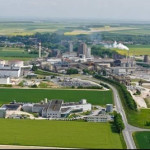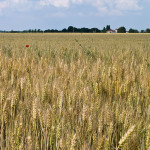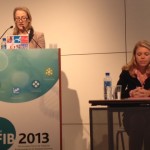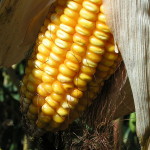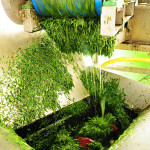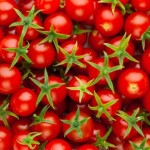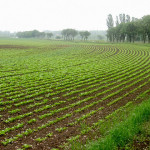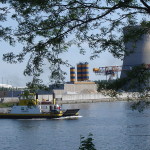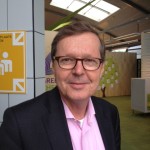Sustainable supply chains: much progress has been made, but now governments need to act
Sustainable supply chains are of great importance for the biobased economy, in terms of environmental conditions and respect for biodiversity, and also on issues of improving working conditions and farmers’ incomes. In recent years, many labels have been created for … Read more


